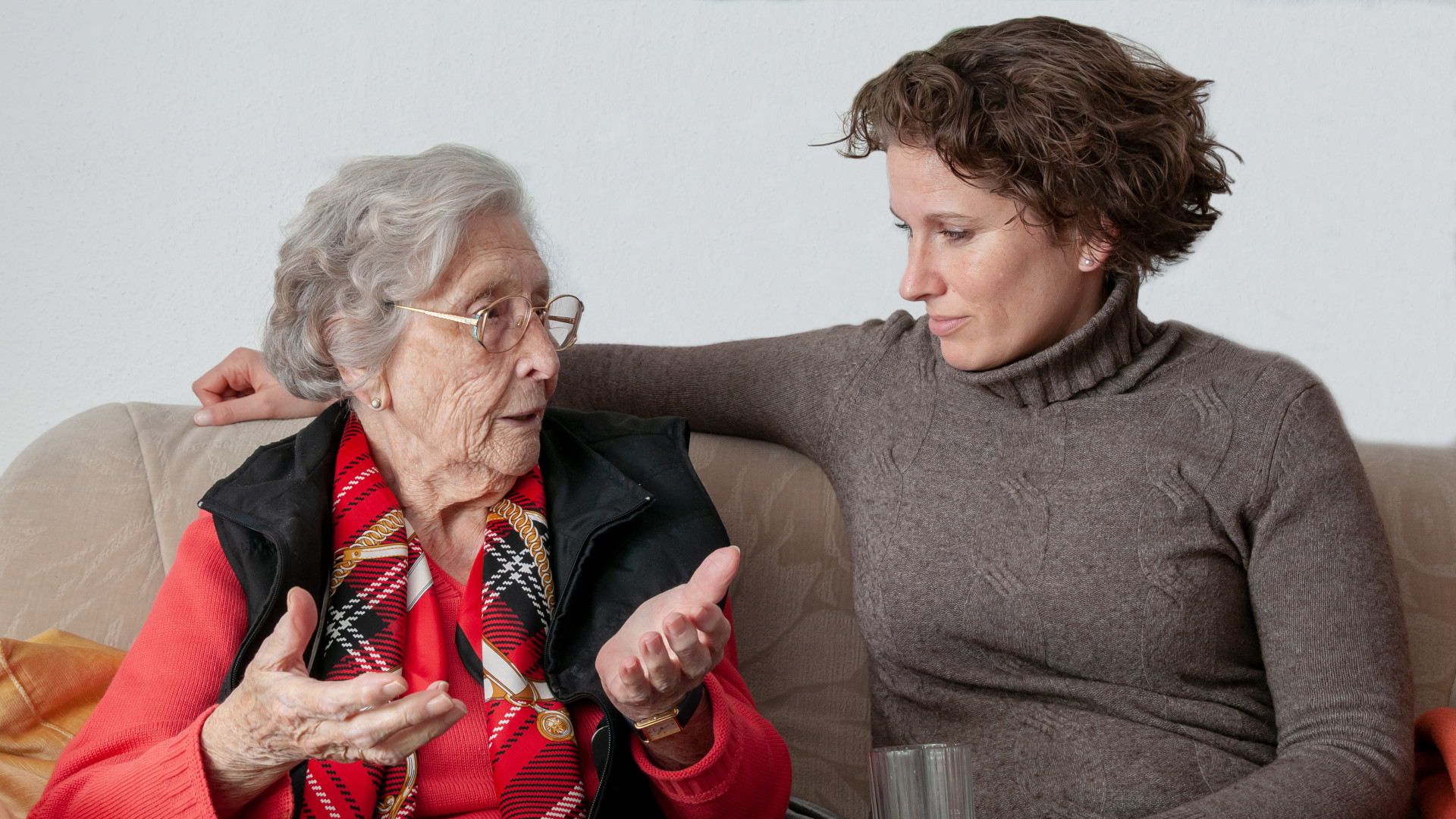As our loved ones age, the healthcare system is facing a significant challenge: how to meet the complex and growing needs of seniors. While traditional models of care focus on hospitals and long-term care facilities, there is a growing recognition that many seniors would prefer to age in their own place. By maintaining their independence and quality of life in the comfort of their own homes.
The Gaps in Current Senior Care
- Hospital-Centric Approach: Our healthcare system is often reactive, focusing on treating illnesses and injuries rather than preventing them or providing ongoing support for chronic conditions. This can lead to frequent hospitalizations and a decline in overall well being for seniors.
- Limited Long-Term Care Options: While long-term care facilities provide essential care, they are often understaffed and may not be the ideal environment for our loved ones. The transition to a facility can be emotionally difficult and may accelerate physical and cognitive decline.
- Social Isolation: Seniors living alone are at a higher risk of social isolation, which is linked to a range of negative health outcomes, including depression, anxiety, and even premature death.
- Lack of Personal Care: Seniors have diverse needs and preferences. Traditional healthcare models often struggle to provide the level of personalized attention and support that seniors require to thrive.
In-Home Care: The Missing Piece
In-home care services, like those offered by Amy’s Helping Hands, are designed to fill these gaps and provide a more personalized approach to senior care. By offering support in the home, these services enable seniors to:
- Maintain Independence: In-home caregivers can assist with daily tasks, such as bathing, dressing, meal preparation, and medication management, allowing seniors to stay in their homes and communities longer.
- Prevent Hospitalizations: In-home care can help monitor and manage chronic conditions, reducing the risk of complications and emergency room visits.
- Combat Social Isolation: Caregivers can provide companionship, conversation, and social activities, fostering a sense of connection and well-being.
- Receive Personalized Care: In-home care is tailored to the individual’s specific needs and preferences, ensuring they receive the right level of support to live their lives the fullest.
Amy’s Helping Hands:A Leading Example
Amy’s Helping Hands is a prime example of how in-home care can transform the lives of our loved ones. Their comprehensive services include:
- Personal Care: Assistance with activities of daily living.
- Companion Care:Providing social interaction and emotional support.
- Specialized Care: Support for specific conditions like Alzheimer’s and Dementia.
- Palliative Care: Compassionate care for those facing serious illness.
In-home care is not just about meeting the basic needs; it is about empowering seniors to live fulfilling lives on their own terms. To learn more about Amy’s Helping Hands please visit our website at amyshelpinghands.ca or reach us at 519-915-4370.















